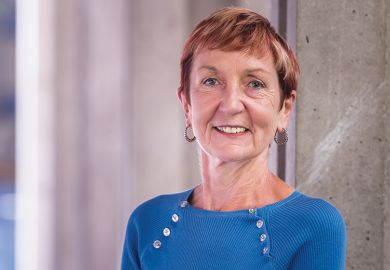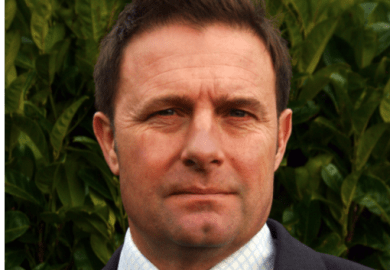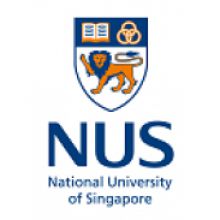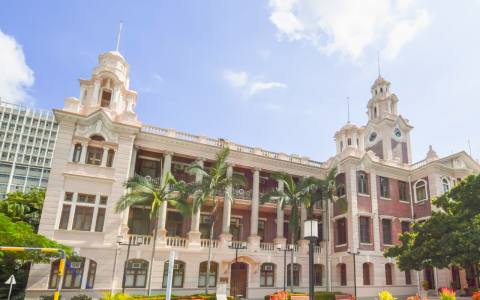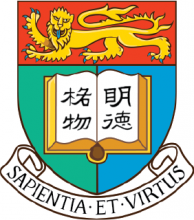Wang Gungwu, aged 90, is the world’s leading expert on the history of the Chinese overseas and a professor at the National University of Singapore. His latest book, Home Is Where We Are (2020), recounts his university education in Singapore and the UK, and his early years as an academic in Malaysia. Professor Wang was an influential figure in Chinese studies in Australia and is a former vice-chancellor of the University of Hong Kong.
Where and when were you born?
I was born in Surabaya, in what is now Indonesia, in October 1930.
How did your childhood in Malaysia shape you?
I grew up in Ipoh, a mining town largely populated by Chinese. After the end of the Second World War, my home education in the Chinese language and the problems our family friends faced in their work made me conscious that most overseas Chinese had tough choices to make. In the government school I attended, our teachers, mostly recruited from India and Ceylon [now Sri Lanka], taught us to feel comfortable as a mixed group of Chinese, Malay, Indian and Eurasian boys. As a result, I developed a respect and fondness for the multicultural environment of Malaya that has stayed with me all my life.
How different is life in South-east Asia today compared with when you were young?
Decolonisation and nation-building by indigenous political leaders made new demands on the foreign merchants and workers that the colonial powers had brought to the various new states. While most immigrants have by now become local citizens who are loyal to their adopted countries, ethnic relations between them and those who consider themselves “sons of the soil” are still uncertain and tense. This is particularly true of those citizens of Chinese descent now that China is a major economic power in the region.
What inspired you to study the experiences of overseas Chinese?
My interest has always been in Chinese history: Imperial China’s relations with maritime countries to its south and its perennial concerns with continental enemies through the centuries. But my years with the University of Malaya (1949-54, 1957-68) also led me to pay attention to the problems that overseas Chinese faced during the Cold War. It was obvious that the difficulties arose from Chinese and local nationalisms, as well as from the anti-communist conditions under which Chinese were portrayed as potential threats to national security. I was fascinated by the variety of Chinese who settled overseas and by how some governments invariably treated them as untrustworthy. However, I was intrigued to discover how open and adaptable most Chinese were, and why this had been so ever since they first settled in South-east Asia.
You spent many years championing Asian studies in Australia. How important is it for the West to understand Asia?
I was attracted to the Australian National University in Canberra by the country’s commitment to study Asia as a matter of national interest. During the Pacific War [during the Second World War], their leaders were alarmed at how little they knew about Asia. When they invited me from Malaysia in 1968 to a professorship in history, they asked me to help develop research programmes to cover China and parts of South-east Asia. The programmes we concentrated on made good progress for the next three decades, but new uncertainties in the 21st century have disturbed that. These range from the rapid rise of China and local struggles over political democracy in Asean [Association of Southeast Asian Nations] to the US’ distrust of China as well as of most multilateral processes. The fact is, Asia is changing fast and Australians have found it difficult to accept how those changes affect the country’s relations with the Asian continent.
When you were vice-chancellor of the University of Hong Kong, it was one of the few elite English-language institutions in the region. How have Asian universities grown and changed?
There are many dimensions to consider for an English-speaking university in Asia, and the University of Hong Kong remains among the best. What is clear is that more Asian universities that do teach in English have gained ground in their research funding and in the quality of graduate students they have sent abroad to study. This is especially true in the practical fields of medicine, business and engineering, but also in some areas of social sciences. The standard of English is much higher all round, and publications accessible in that language are now easily available. Fortunately, Hong Kong’s universities have continued to recruit good international staff and still produce research of a very high standard.
Chinese students and researchers are no longer a small minority in the West, but a dominant force at universities. Is there an increase in tensions – or, alternatively, an increase in understanding?
Some topics have become politically sensitive, and it is not surprising that public criticism of China arouses rebuttals among some students. They reflect the political mood where China’s rise is seen as a threat to the West. Overall, there is better understanding within universities that take many Chinese students and researchers. My impression is that if politicians and some government agencies on both sides do not use the honest disagreements and debates among scholars for their purposes, universities are able to manage such differences when they do occur. I believe that the more student and researcher exchanges there are, the better the understanding among them.
joyce.lau@timeshighereducation.com
Appointments
Sarah Greer has been appointed the next vice-chancellor of the University of Winchester. She will assume the position in January 2022, joining from the University of Worcester, where she is currently deputy vice-chancellor and provost. Her areas of research are the law of trusts and women’s legal history. Professor Greer said she was “drawn to Winchester’s values and ethos and its rich heritage of educational excellence and inclusion” and looked forward to ensuring “that Winchester thrives and succeeds in its mission to deliver an outstanding education for its students, enabling them to flourish as individuals and to make a real difference in the wider world”.
Claire Hankenson has been named associate vice-provost for research at the University of Pennsylvania. She will also take up the position as executive director of University Laboratory Animal Resources. Currently a professor in the College of Veterinary Medicine at Michigan State University, she will join Penn in November 2021. Senior vice-provost for research Dawn Bonnell said Dr Hankenson is “a proven leader with a strong record of accomplishments who will skilfully lead the next trajectory of excellence at ULAR and the academic laboratory animal medicine programmes”.
Carlene Firmin will become a professor in the department of sociology at Durham University, making her one of the youngest female black professors in the UK. The pioneer of “contextual safeguarding” will join from the University of Bedfordshire, where she is principal research fellow at its Safer Young Lives Research Centre.
Saima Yasin has been appointed professor in the chemical engineering department at India’s University of Engineering and Technology. She will become the institution’s first female professor of engineering, after serving as associate professor.
Alec Webb has been named as executive director of Australia’s Regional Universities Network. His most recent role was as head of policy and member engagement at London Higher.
Jennifer Sewel will be the next secretary of the University of Leeds. She is currently university secretary at Durham University.
Register to continue
Why register?
- Registration is free and only takes a moment
- Once registered, you can read 3 articles a month
- Sign up for our newsletter
Subscribe
Or subscribe for unlimited access to:
- Unlimited access to news, views, insights & reviews
- Digital editions
- Digital access to THE’s university and college rankings analysis
Already registered or a current subscriber?



